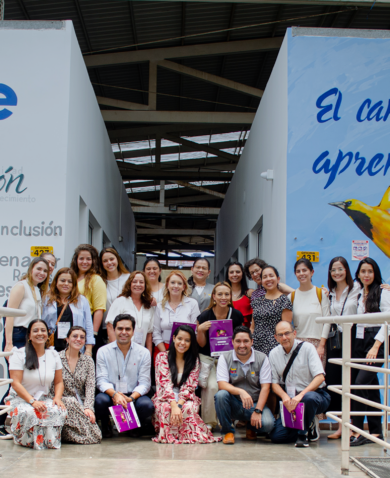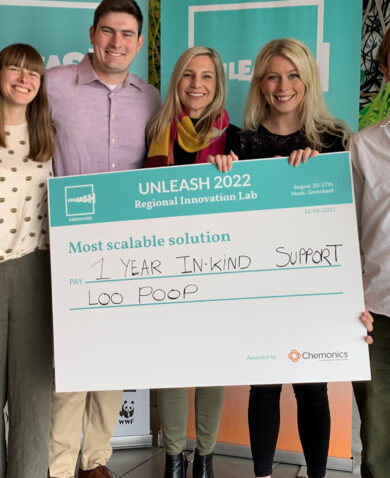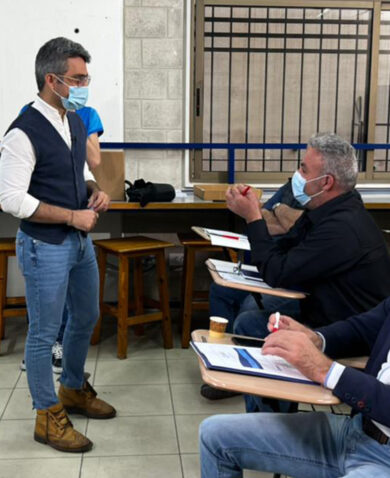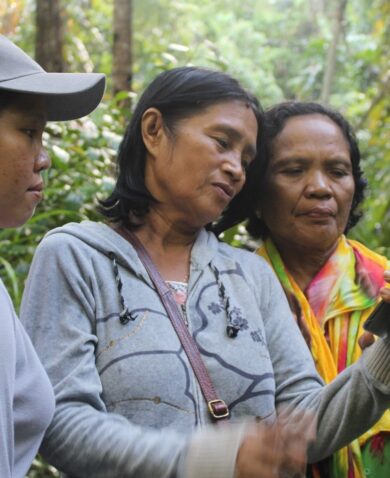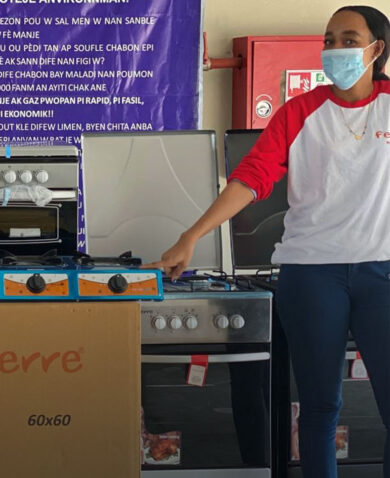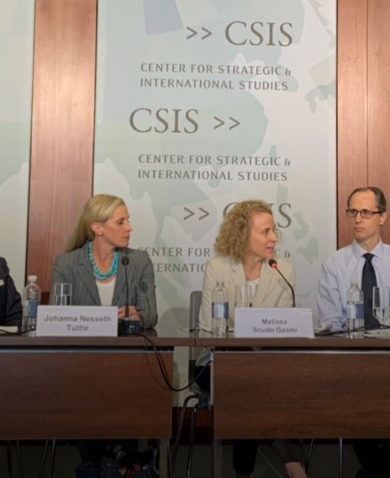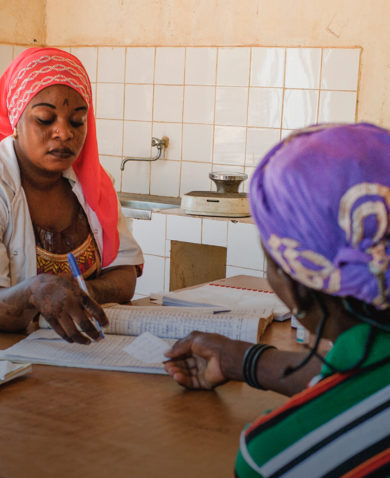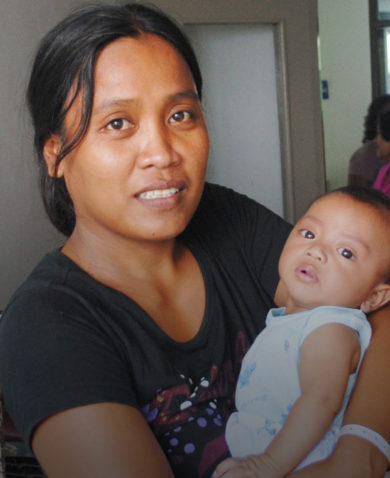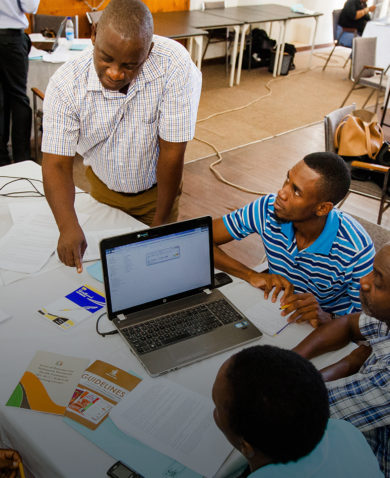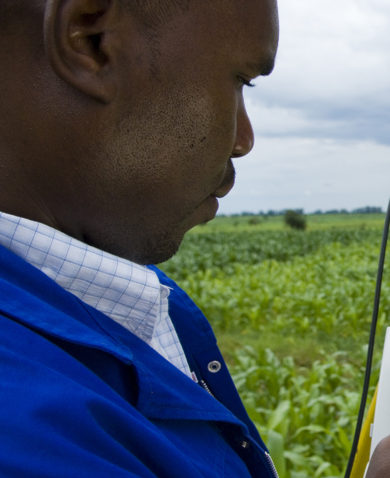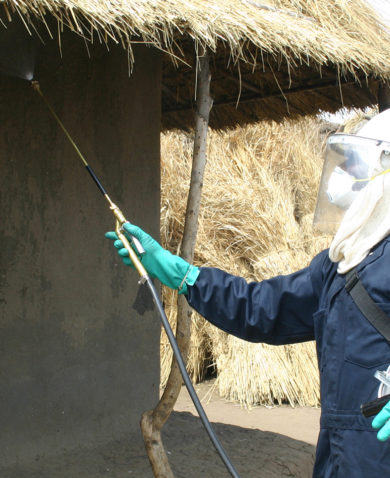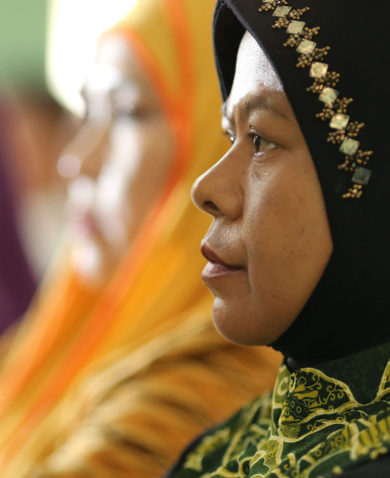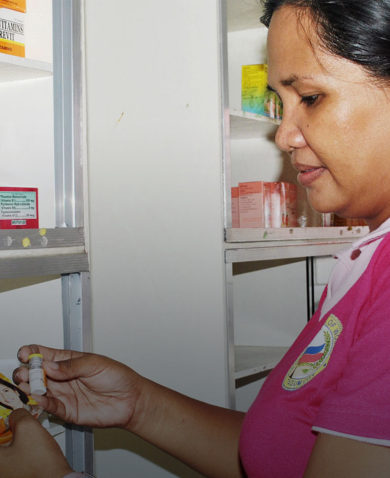The drivers of today’s major public health challenges — such as access to education and economic opportunities — are often unrelated to health. As a multidisciplinary organization, Chemonics supports local actors to break away from siloed thinking to development and instead encourages integrated approaches that draw from all sectors. We apply lessons learned from our global work in strengthening public sector governance, citizen engagement, public financial management, and strengthening education systems to help local leaders improve how they plan for, manage, monitor, and fund health services. We integrate best practices and tools from our private sector engagement efforts and sophisticated data analytics networks that support agriculture value chains, climate change monitoring, and early famine warning systems to help governments prepare for and respond to emerging global health threats. In this way, we holistically improve the health and well-being of communities and households, especially the marginalized and underserved.







